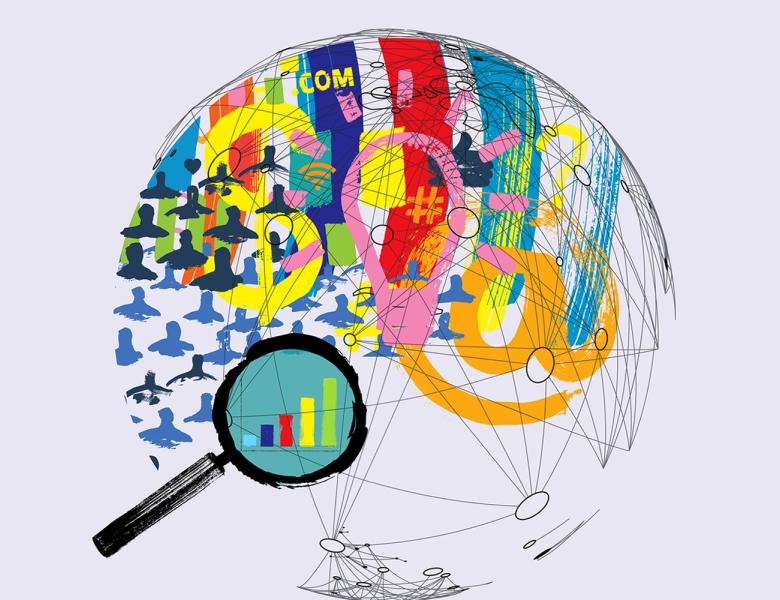
Abstract
We study dynamic matching in an infinite-horizon stochastic market. Although all agents are potentially compatible with each other, some are hard to match and others are easy to match. Agents prefer to be matched as soon as possible, and matches are formed either bilaterally or indirectly through chains. We adopt an asymptotic approach and compute tight bounds on the limit of waiting time of agents under myopic policies that differ in matching technology and prioritization. We find that when hard-to-match agents arrive less frequently than easy-to-match ones, (i) bilateral matching is almost as efficient as chains (waiting times scale similarly under both, though chains always outperform bilateral matching by a constant factor), and (ii) assigning priorities to hard-to-match agents improves their waiting times. When hard-to-match agents arrive more frequently, chains are much more efficient than bilateral matching, and prioritization has no impact. Furthermore, somewhat surprisingly, we find that in a heterogeneous market and under bilateral matching, increasing the arrival rate of hard-to-match agents has a nonmonotone effect on waiting times. This behavior is in contrast with that of a homogeneous dynamic market, where increasing arrival rate always improves waiting time, and it highlights fundamental differences between heterogeneous and homogeneous dynamic markets.


